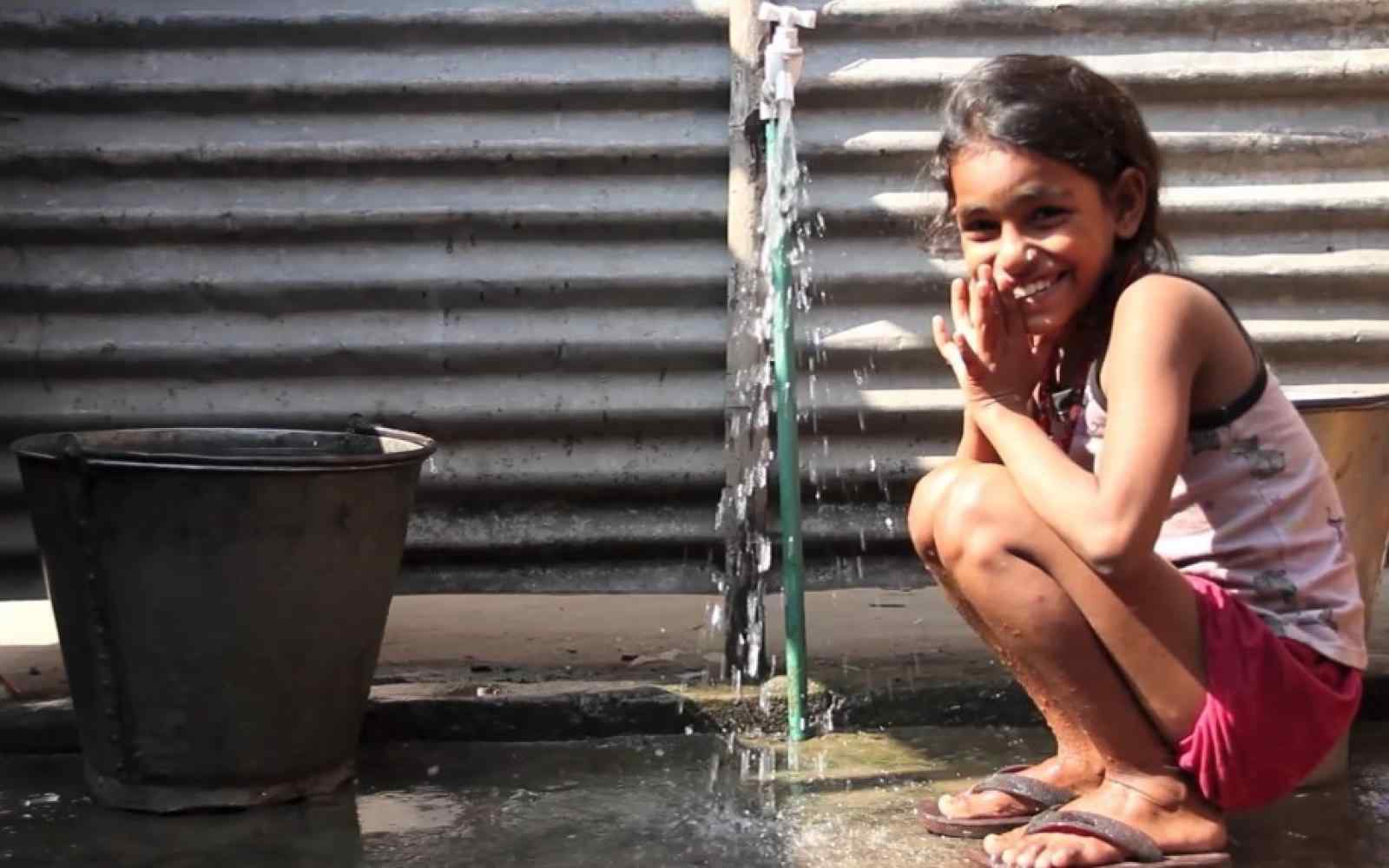Take the first step to be the changemaker you want to be - An imperative to achieving the SDGs

The myriad of innovations and creative solutions brought by social entrepreneurs will definitely be a key part of the solving equation to achieve by 2030 the targets of the Sustainable Development Goals (SDGs) as agreed in 2015 by the United Nations to provide a more prosperous, secure and sustainable future for all.
Given their mutual dedication to solving the world’s most pressing social and developmental issues, there is a clear alignment between the aims of social entrepreneurs and those of the SDGs. Many social entrepreneurs were already providing solutions to key problems that sought to be addressed under the MDGs and they will certainly continue to do so in the new areas covered by the SDGs. This is both a fact and an imperative.
Andrea Coleman, Philippe de Roux and Karen Tse, for instance, are actively participating in making basic health access possible for all, providing clean water to the most disadvantaged and ending torture as part of a new sustainable development agenda.
Andrea Coleman is working to improve the capacity and efficiency of healthcare delivery across eight sub-Saharan African countries. Her organisation, Riders for Health, manages and maintains a fleet of motorcycles and other vehicles for the Ministries of Health of Sub-Saharan African governments. Experts in transport management, they enable health workers to deliver vital healthcare to rural communities on a reliable and cost-effective basis, often for the first time. They actively reach 21 million people that previously did not have access to reliable healthcare, and are looking for growth capital to roll out their model in additional countries.

© Riders for Health
With his organisation Eau et Vie, Philippe de Roux works at improving living conditions for families living in the urban slums of developing countries, where access to clean water is a constant challenge. He demonstrates to public authorities and large water operators that an investment in water, sanitation and hygiene infrastructure can at the same time enhance the quality of life of households, provide long-term solution to slum sprawl while create viable economic returns. So far, Eau et Vie has developed projects with sustainable business models, in major cities across the Philippines, Bangladesh, and Ivory Coast in which 85% of households have piped water with a payment rate of 95 %

© Eau et Vie
Karen Tse is building international coalitions to support public defenders in emerging democracies. With her organisation International Bridges to Justice (IBJ), she aims to eradicate torture in the 21st century and protect due process rights for accused people throughout the world. Through various actions including training and structural reform, IBJ enables societies to pursue the basic rights to legal representation and protection from mistreatment using the law. Leveraging a network of 55 justice-makers in 37 countries, over 30’000 individuals have been represented by IBJ lawyers and 22’000 lawyers have been trained. In Cambodia alone, between 2001 and 2012, the torture rate dropped from systemic in almost all police investigations to just under 5% in the cases that Karen’s organisation has handled.

© IBJ
These examples provide only a small taste of how social entrepreneurs are actively contributing to shape the future envisaged by the SDGs.
Martin Luther King, Jr. said "Faith is taking the first step even when you don't see the whole staircase." This is also what being a social entrepreneur is largely about: taking that first step.
There is no doubt that the individual ideas and innovations of social entrepreneurs will be crucial in solving the social and environmental problems we face, which are well-reflected by the SDGs, by 2030. Even more necessary will be the impact of collaborative entrepreneurship in transforming mindsets and changing paradigms towards new and more holistic approaches to addressing society’s most pressing problems.
This is why we all need to be empowered to become a changemaker. We all need to develop the skills and the confidence to lead change in our community, our business, or wherever we see change as desirable. Each of us can contribute creative ideas to achieve important change.
Being empowered to become a changemaker means being willing and able to take that first step. This is a view that is increasingly being adopted by young members of the Millennial Generation, who share a vision for change and who have the drive, passion and commitment to do something for the good of all, whether working to achieve the SDGs, setting up a local social enterprise or being a change intrapreneur in the organisation they join. This should be the case for all of us. Let’s take that first step to be the changemaker we want to be.